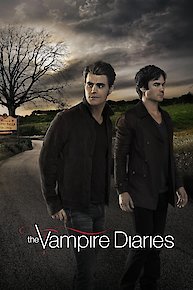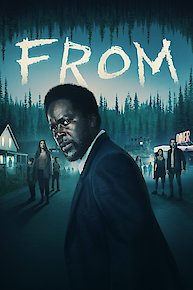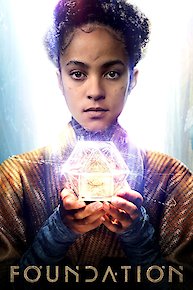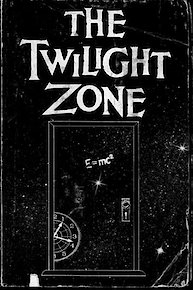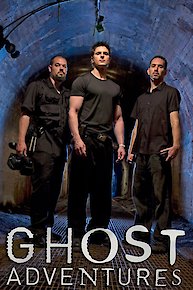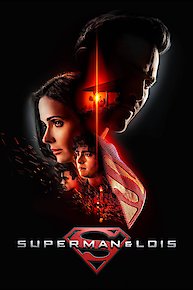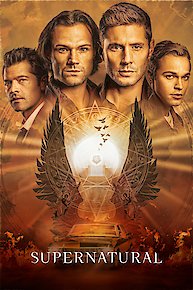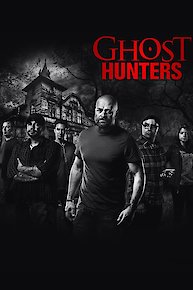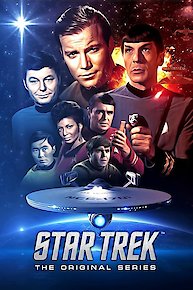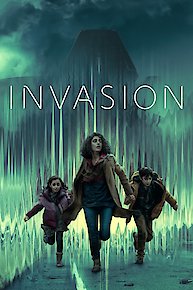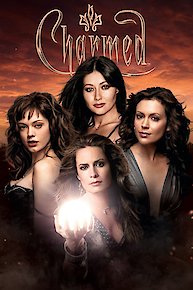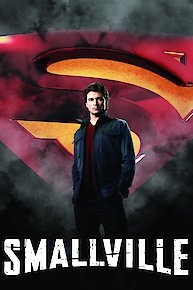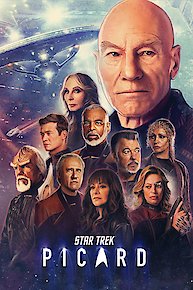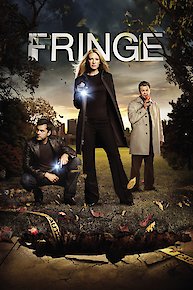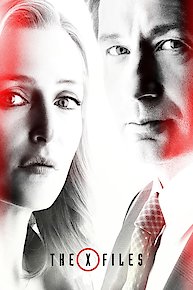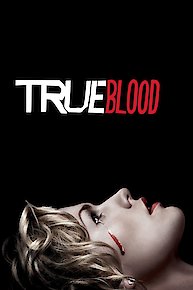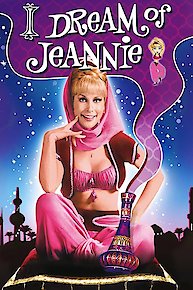Science fiction plots feature elements that are outside the current reality, but their situations are typically at least plausible. Unlike the fantasy genre, in which there's no problem with plot elements that draw on magic or the supernatural, science fiction plots rely on technology and situations that don't obviously or egregiously disregard the laws of physics and the natural world. Science fiction programming on television evolved from popular literature and radio programming. It became a popular TV genre especially after the turn of the twenty-first century.
Early television programming often merged science fiction with other genres, such as horror and suspense. Series like The Twilight Zone and The Outer Limits featured stories of suspense, and sometimes those stories were set in a futuristic context typical of science fiction. In the 1960s, a few space-based science-fiction series-notably Lost in Space and Star Trek-had some limited success, but the genre largely disappeared from television. The success of Star Wars in theaters in the late 1970s drove a short-lived revival of TV science fiction.
In the late 1980s, Star Trek: The Next Generation achieved a level of commercial success that had eluded its predecessor series, and the proliferation of new broadcast networks and cable networks in the 1990s gave a home to a number of new science-fiction series. Many of these new series were able to find loyal audiences outside of the mass-market constraints of the major broadcast networks.
Although science fiction had traditionally been more closely aligned with the action and adventure genres, popular series of the last 20 years-The X-Files, Lost and the like-have combined action and suspense with character-driven situations. These series managed to shift the science-fiction audience demographic-which had been predominantly male-and gain a wider audience than traditional science-fiction programs had been able to attract.

